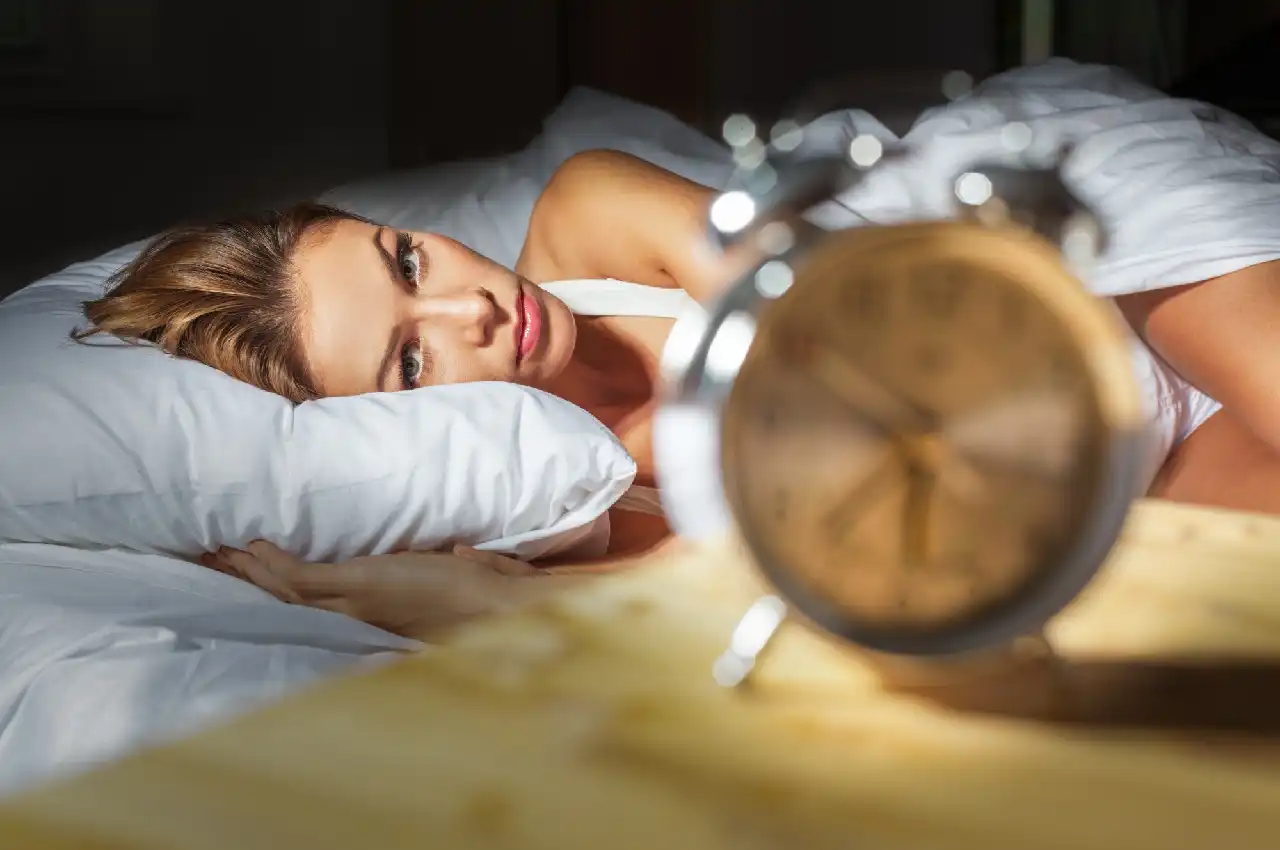HEALTH
Five Signs You Have Anxiety-Induced Insomnia and How to Combat It

Anxiety-Induced Insomnia
An estimated 40 million people suffer from anxiety disorders. Anxiety disorders are serious, and seeking help is never too late.
When left untreated, it eventually seeps into each facet of your life. One of the signs of untreated anxiety includes poor sleep.
Please keep reading for five signs of anxiety-induced insomnia and tips on combatting it.
1. Intrusive Thoughts
Intrusive thoughts can be related to worrying about upcoming exams, problems at work, or other external factors. If you have intrusive thoughts, it is essential to recognize them.
Deep breathing can be a great way to combat these intrusive thoughts. Concentrate on your breathing and focus on inhaling and exhaling deeply, which can relax your body and mind and help clear the intrusive thoughts from your mind.
Additionally, identify the stressors causing the intrusive thoughts and then actively seek solutions or ways to alleviate these stressors. These activities can help to calm your mind and allow you to fall asleep more easily.
2. Restlessness
Restlessness can be a sign of anxiety-induced insomnia. If you find yourself tossing and turning at night, unable to fall asleep, your mind may be in constant worry or internal struggle.
Try stretching and relaxation exercises before bed to reduce restlessness and better manage anxiety-induced insomnia. Starting your bedtime routine with gentle stretching and deep breathing can help relax your body and reduce restlessness.
3. Sleep Deprivation
Sleep deprivation can exacerbate anxiety symptoms and make it more difficult to manage life’s demands. To combat this, focus on self-care. Cut back on stimulants such as caffeine and create relaxing bedtime rituals, such as reading or taking a warm bath.
Avoid using phones or screens close to bedtime, as blue light can interfere with melatonin production. Mindfulness and meditation can help you break the cycle of worrying that leads to insomnia.
You’ll quickly return to a regular sleep schedule with the right strategies.
4. Fatigue
Continually struggling with insomnia or sleep anxiety may lead to excessive fatigue during the day. Combat this by being proactive in an insomnia sleep coaching program and getting help from a mental health professional.
Other helpful therapies and techniques may include lifestyle changes, relaxation training, and sleep hygiene education. Doing this can ensure better sleep quality and improved energy levels.
5. Depression
Anxiety-induced insomnia can take its toll and lead to depression; it is essential to be aware of the signs. Those suffering from it may feel anxious or on edge during the day.
Also, have difficulty concentrating, feel overwhelmed by daily tasks, or exhibit excessive irritability or restlessness. There may also be decreased motivation or energy and an inability to enjoy once enjoyable activities.
To combat this, it is vital to practice relaxation techniques. Exercise like walking, running, or biking can also help reduce anxiety and provide better sleep quality.
Try to Avoid Anxiety-Induced Insomnia Everyday
Prioritizing your physical, mental, and emotional health today will help you feel your best and avoid anxiety-induced insomnia tomorrow.
Try implementing healthy sleep practices today; you’ll feel the positive benefits for years.
Did you find this article helpful? Check out the rest of our blogs!
Having completed my education in English, I’ve cultivated a successful career as a content writer. My tenure includes valued collaborations with distinguished professional organizations, reflecting my commitment to producing high-quality content.
Contact me on this mail: [email protected]










